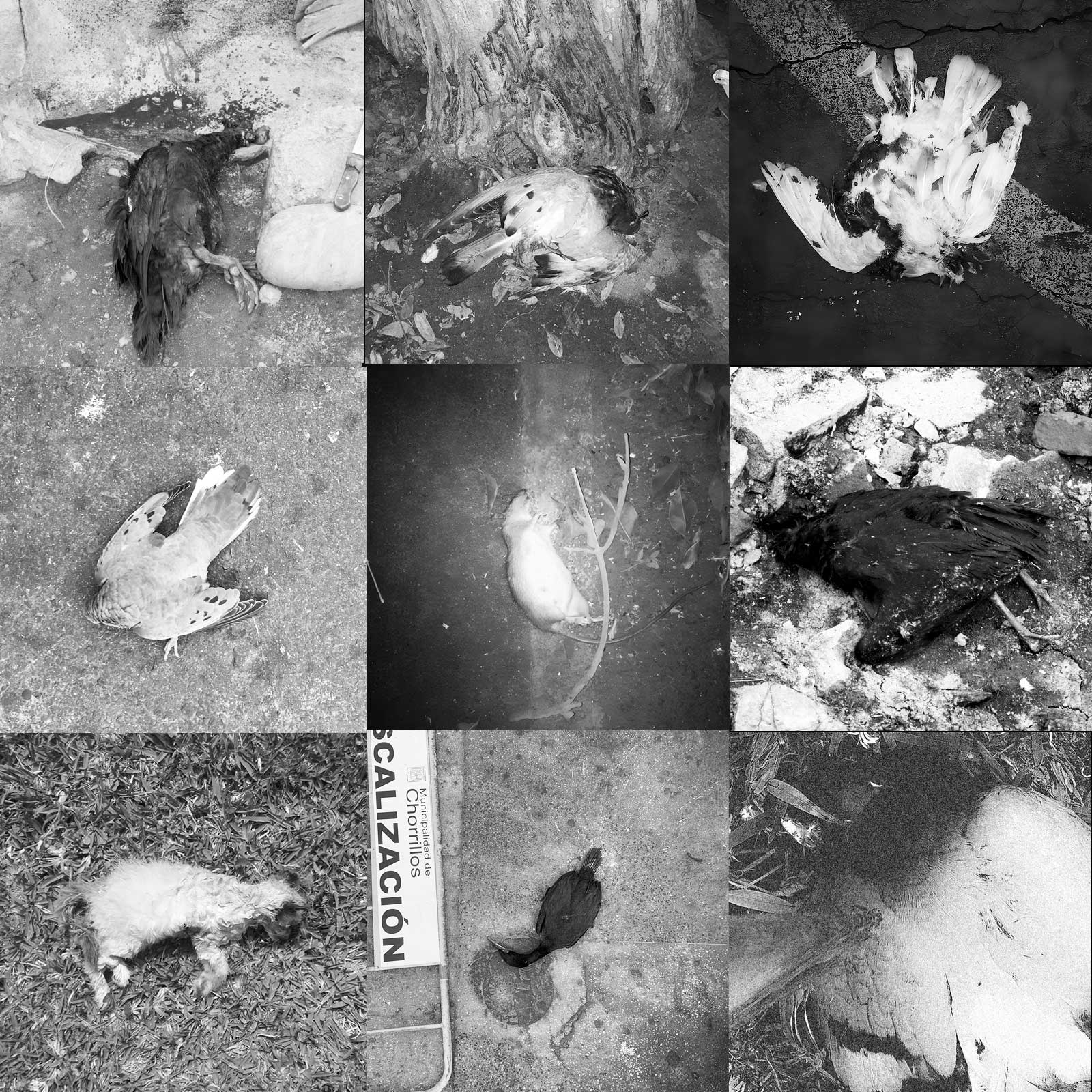ABYECTA
(2015 - ON GOING)
spa
“Lo abyecto, según Julia Kristeva, se refiere a aquello que provoca repulsión y temor al amenazar la estabilidad del sujeto y las fronteras de la identidad. Este concepto se manifiesta de manera particularmente poderosa en la confrontación con los cuerpos en descomposición o cadáveres, que representan la fragilidad de la vida y la inevitabilidad de la muerte. La presencia de un cadáver evoca una reacción visceral, ya que nos confronta con lo que hemos decidido excluir para poder vivir en sociedad. Estos cuerpos, que alguna vez fueron portadores de vida y significado, se convierten en objetos que desafían nuestra comprensión y estabilidad. Así, lo abyecto se convierte en un recordatorio inquietante de lo que está en los márgenes de nuestra existencia, invitándonos a reflexionar sobre la naturaleza de la vida y la muerte.”
![]()
spa
“Lo abyecto, según Julia Kristeva, se refiere a aquello que provoca repulsión y temor al amenazar la estabilidad del sujeto y las fronteras de la identidad. Este concepto se manifiesta de manera particularmente poderosa en la confrontación con los cuerpos en descomposición o cadáveres, que representan la fragilidad de la vida y la inevitabilidad de la muerte. La presencia de un cadáver evoca una reacción visceral, ya que nos confronta con lo que hemos decidido excluir para poder vivir en sociedad. Estos cuerpos, que alguna vez fueron portadores de vida y significado, se convierten en objetos que desafían nuestra comprensión y estabilidad. Así, lo abyecto se convierte en un recordatorio inquietante de lo que está en los márgenes de nuestra existencia, invitándonos a reflexionar sobre la naturaleza de la vida y la muerte.”

en
“The abject, according to Julia Kristeva, refers to that which provokes repulsion and fear by threatening the stability of the subject and the boundaries of identity. This concept manifests particularly powerfully in the confrontation with decomposing bodies or corpses, which represent the fragility of life and the inevitability of death. The presence of a corpse evokes a visceral reaction, as it confronts us with what we have chosen to exclude in order to live in society. These bodies, which were once bearers of life and meaning, become objects that challenge our understanding and stability. Thus, the abject becomes a disquieting reminder of what lies on the margins of our existence, inviting us to reflect on the nature of life and death.”
“The abject, according to Julia Kristeva, refers to that which provokes repulsion and fear by threatening the stability of the subject and the boundaries of identity. This concept manifests particularly powerfully in the confrontation with decomposing bodies or corpses, which represent the fragility of life and the inevitability of death. The presence of a corpse evokes a visceral reaction, as it confronts us with what we have chosen to exclude in order to live in society. These bodies, which were once bearers of life and meaning, become objects that challenge our understanding and stability. Thus, the abject becomes a disquieting reminder of what lies on the margins of our existence, inviting us to reflect on the nature of life and death.”